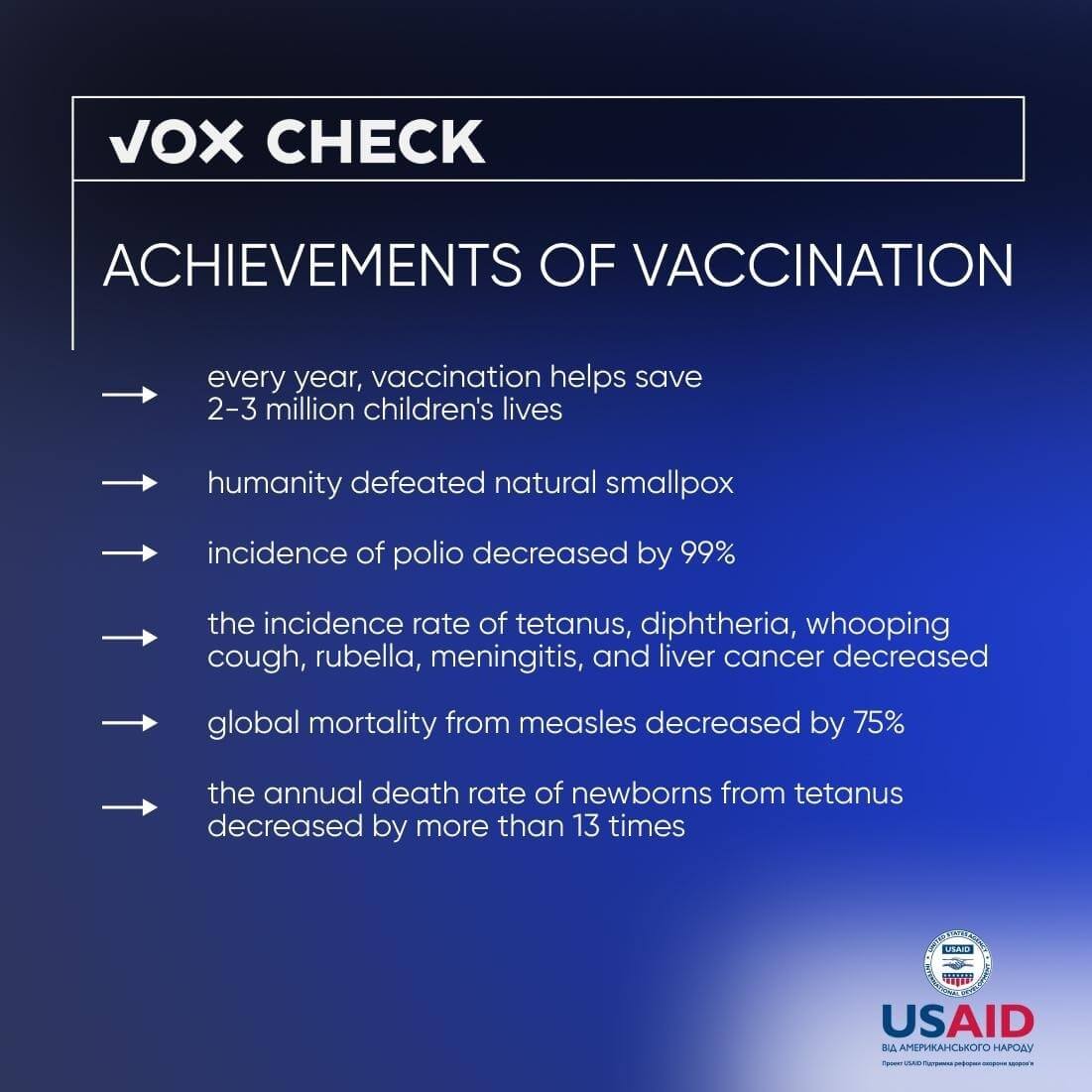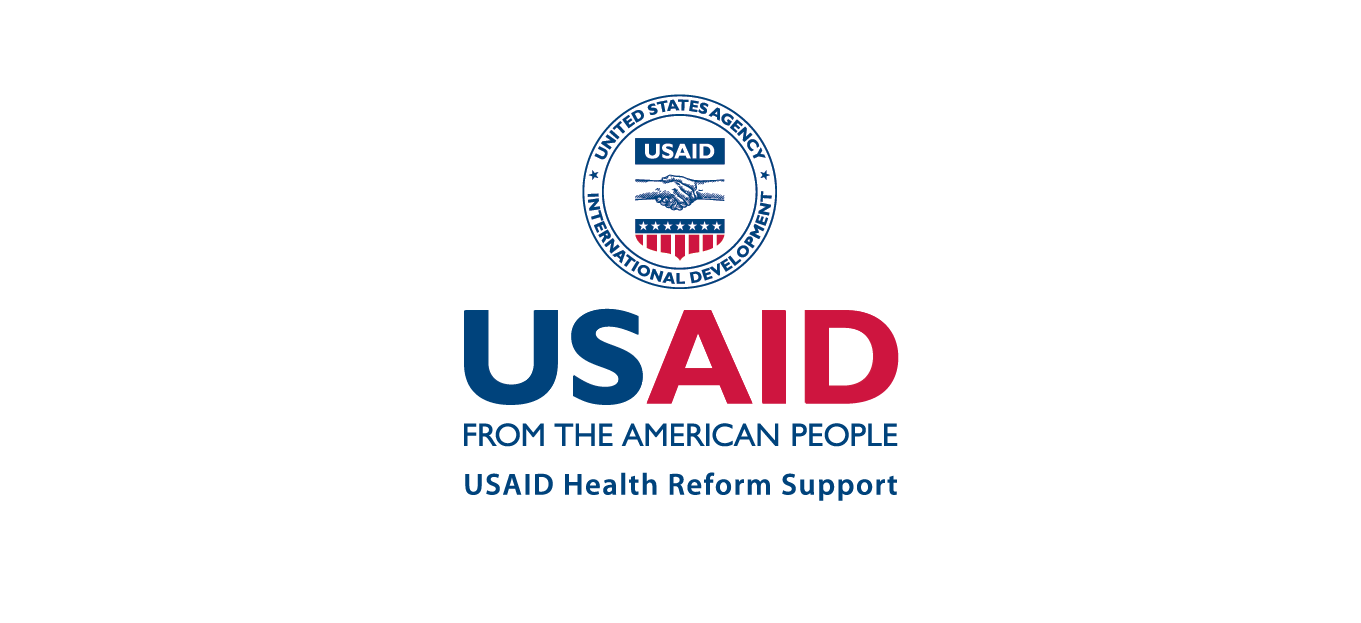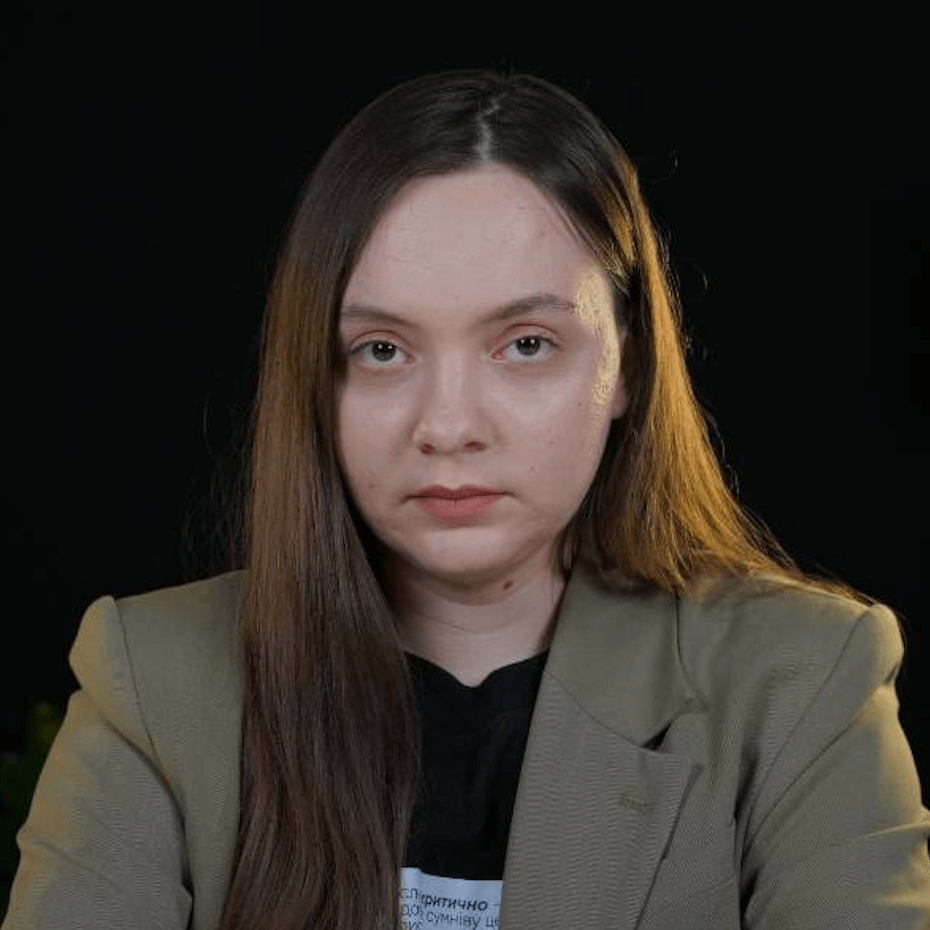On October 1, the Law of Ukraine “On the Public Health System” entered into force. This provoked another wave of accusations of its “unconstitutionality” and “illegality”. Allegedly, from now on, unvaccinated Ukrainians will be deprived of housing and cars, and unvaccinated children will be deprived of their right to education. We explain what this law actually provides.
With the support of the USAID Health Reform Support project, VoxCheck analyzes and refutes public health narratives spread in the information space of Ukraine, Belarus, and russia on a weekly basis.
In the network, information is spreading that people will be fired from their jobs, their real estate and vehicles will be confiscated, and children will be prohibited from getting an education due to the refusal of vaccination. Journalist Kateryna Kotenkova claims that “if you get sick and your home can be declared a territory with a serious epidemiological situation, they can evict you.” Blogger Ostap Stakhiv notes that the law contradicts the Convention on the Protection of Human Rights and Dignity in the Application of Biology and Medicine, in particular Article 2: “The interests and welfare of the human being participating in research shall prevail over the sole interest of society or science.”
What’s the reality?
On October 1, 2023, the Law of Ukraine “On the Public Health System” came into effect. Its goal is to create a comprehensive system of public health and its integration into the European network. The adoption of the appropriate law to improve preventive work meets the requirements of the Association Agreement between Ukraine and the European Union.
As the chief state sanitary doctor Ihor Kuzin explains, the main requirements and points on vaccination are regulated by another law — “On the protection of the population from infectious diseases”. The same law provides for actions in the event of an outbreak of an infectious disease, which includes vaccination for anti-epidemic indications. “This means that certain cohorts of the population must be vaccinated to prevent the outbreak from spreading further,” Kuzin notes.
According to Part 7 of Article 18 of the Law “On the Public Health System”, a person who is a carrier of an infectious disease agent can be suspended from work. For the period of suspension, such persons are paid temporary disability benefits. If the work is related to public service, the employee may be temporarily transferred to another job that is not associated with the risk of spreading infectious diseases. There is no mention of the dismissal of the employee.
Suspension from work, study, and attendance at pre-school education institutions can indeed be used as a tool for monitoring compliance with the requirements of sanitary legislation. Persons who are carriers of infectious disease agents, patients with infectious diseases dangerous to others, or persons who have been in contact with such patients may be suspended. That is, the reason for suspension is that they carry the risk of spreading the infection and endangering others.
However, this cannot be interpreted as a deprivation of the right to education since unvaccinated children can choose another form of education. If parents refuse to vaccinate a child who has no contraindications to vaccination, then he can exercise his right to study remotely or through an individual form of education (for example, family). Furthermore, even in these cases, citizens cannot be forcibly vaccinated, subjected to additional sanctions, deprived of property, parental rights, etc.
The Ministry of Health of Ukraine, the Ministry of Education and Science, and the Public Health Center emphasize the importance of vaccinating children to ensure a safe environment in schools and kindergartens. This allows children with medical contraindications to vaccination to safely visit schools, kindergartens, children’s camps, sports clubs, and other groups.
Sources: UNICEF, Public Health Center
There is also no definition of “severe epidemiological situation” in the law, which would include “forced eviction of citizens.” In the case of an unfavorable epidemiological situation (the incidence rate exceeds the average long-term indicators, outbreaks are registered), the Cabinet of Ministers can make a decision on the introduction of quarantine. Anti-epidemic measures during quarantine may include mandatory self-isolation, a person’s stay in an observatory (observation), and hospitalization in temporary healthcare facilities (specialized hospitals). Patients with particularly dangerous and dangerous infectious diseases, as well as persons with symptoms of such diseases, are subject to mandatory hospitalization. However, this is in no way equivalent to “eviction” of citizens from their own homes.
The Law “On the Public Health System” has no connection with the Convention on Human Rights and Biomedicine. Ukraine signed this Convention on March 22, 2002, but did not ratify it. Accordingly, the mentioned Convention is not valid for Ukraine.
This information piece was produced with the assistance of the United States Agency for International Development (USAID), provided on behalf of the people of the United States of America. This article’s content, which does not necessarily reflect the views of USAID, the United States Government, is the sole responsibility of Deloitte Consulting under contract #72012118C00001.
Attention
The author doesn`t work for, consult to, own shares in or receive funding from any company or organization that would benefit from this article, and have no relevant affiliations



